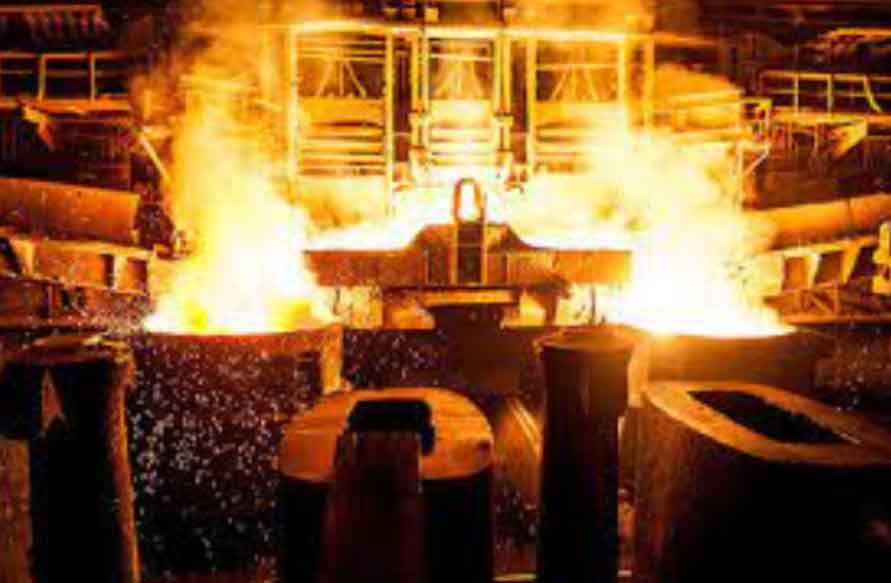Quality assurance is crucial in steel castings manufacturing to ensure consistency and excellence in the final products. Leading manufacturers employ various techniques and processes to maintain high quality standards. Here are some key aspects of quality assurance in steel castings manufacturing:

- Process Control: Manufacturers implement strict process control measures to maintain consistency and accuracy throughout the production process. This includes monitoring and controlling variables such as temperature, pouring speed, solidification rate, and cooling rates. Process control helps minimize defects, achieve desired mechanical properties, and ensure dimensional accuracy.
- Metallurgical Expertise: Manufacturers employ metallurgical experts who have in-depth knowledge of steel alloys and their behavior during casting. They conduct detailed analysis of material properties, heat treatment requirements, and alloy chemistry to ensure the desired mechanical and metallurgical properties of the castings. Metallurgical expertise enables manufacturers to select the appropriate steel grades for specific applications.
- Non-Destructive Testing (NDT): NDT techniques are employed to detect any internal or surface defects in steel castings without damaging the component. Common NDT methods used in steel castings manufacturing include ultrasonic testing, radiography, magnetic particle testing, and liquid penetrant testing. These techniques help identify defects such as cracks, inclusions, voids, or porosity, ensuring the integrity and quality of the castings.
- Dimensional Inspection: Dimensional inspection is performed to verify that the steel castings meet the required dimensional tolerances and specifications. Advanced measurement tools, such as coordinate measuring machines (CMMs), are used to ensure accurate dimensions. This inspection helps maintain the functionality and compatibility of the castings with other components or assemblies.
- Quality Management Systems: Leading manufacturers often have robust quality management systems in place, such as ISO 9001 certification. These systems establish standardized processes and procedures for quality control, documentation, traceability, and continuous improvement. Compliance with quality management systems ensures consistency and adherence to international quality standards.
- Testing and Certification: Steel castings manufacturers conduct a range of tests to verify the quality and performance of the castings. This includes mechanical testing (tensile, impact, hardness), chemical analysis, microstructure examination, and corrosion resistance testing. Certifications from recognized organizations, such as NORSOK, ASTM, or ASME, further validate the quality and suitability of the castings for specific applications.
- Supplier Quality Management: Manufacturers work closely with their suppliers to ensure the quality of raw materials used in the casting process. This involves evaluating supplier capabilities, conducting audits, and establishing quality agreements. Close collaboration with reliable suppliers ensures the consistency and reliability of the materials used in the manufacturing process.
- Continuous Improvement: Leading manufacturers have a culture of continuous improvement. They regularly review and analyze their manufacturing processes, collect and analyze data, and implement corrective and preventive actions to enhance quality and efficiency. Continuous improvement efforts focus on reducing defects, optimizing processes, and improving overall customer satisfaction.
By incorporating these quality assurance practices, steel castings manufacturers can ensure consistency, excellence, and customer satisfaction. Quality assurance measures help detect and prevent defects, optimize processes, and deliver high-quality castings that meet the specific requirements of diverse industries and applications.
